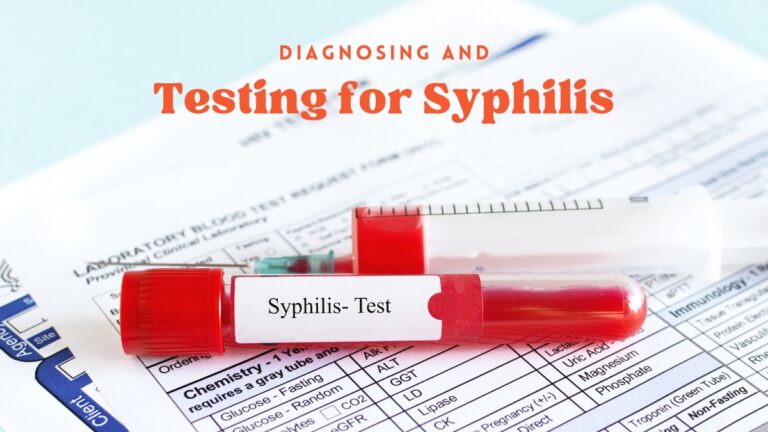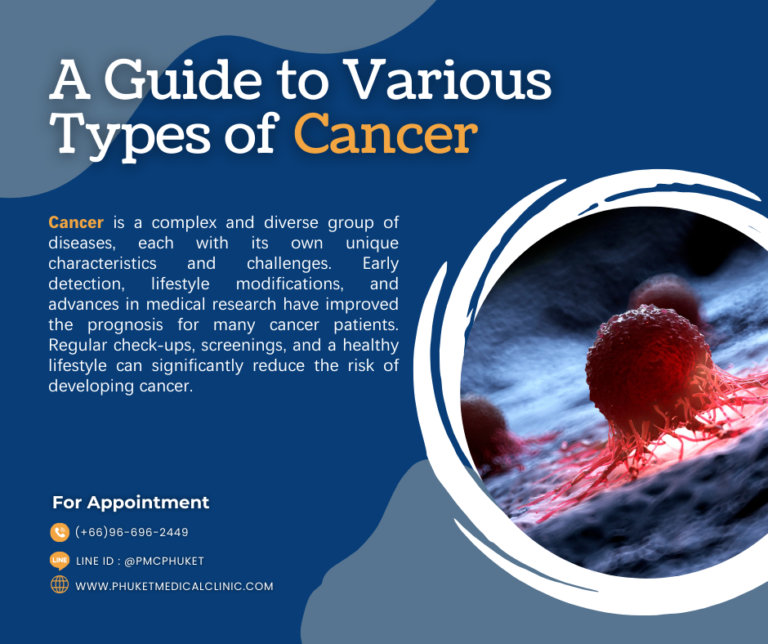Pelvic Inflammatory Disease (PID) is a serious medical condition that affects the female reproductive organs. It occurs when bacteria, usually from sexually transmitted infections (STIs) like chlamydia or gonorrhea, spread to the uterus, fallopian tubes, or ovaries. This article aims to shed light on the causes, symptoms, and treatment options for PID, as well as the importance of early detection.
Causes of PID:
Pelvic Inflammatory Disease is primarily caused by the invasion of harmful bacteria into the reproductive organs. The most common culprits are sexually transmitted infections such as chlamydia and gonorrhea. However, other bacteria from the vagina can also contribute to the development of PID. It’s crucial to address these infections promptly to prevent the progression to PID.

Symptoms of PID
Recognizing the symptoms of PID is crucial for early diagnosis and effective treatment. Common symptoms include:
- Pelvic Pain: Women with PID often experience dull or sharp pain in the lower abdomen.
- Abnormal Vaginal Discharge: Unusual discharge with an unpleasant odor may be a sign of PID.
- Irregular Menstrual Bleeding: PID can cause changes in the menstrual cycle, including heavier or lighter periods.
- Painful Urination: Discomfort or pain during urination may indicate PID.
- Fever and Fatigue: In severe cases, PID can cause fever and general fatigue.
Diagnosis and Complications
Early diagnosis of PID is crucial to prevent complications such as infertility, chronic pelvic pain, and ectopic pregnancy. Healthcare providers may use a combination of medical history, pelvic exams, and laboratory tests to diagnose PID. Timely intervention can significantly reduce the risk of long-term complications.
Treatment Options
The primary treatment for PID involves antibiotics to eliminate the infection. It’s essential to complete the entire course of antibiotics, even if symptoms improve before the medication is finished. In severe cases, hospitalization may be necessary for intravenous antibiotics. Partners should also be treated to prevent reinfection.
Prevention and Lifestyle Considerations
Taking proactive steps to prevent PID is crucial. This includes practicing safe sex, using barrier methods like condoms, and getting regular screenings for STIs. If diagnosed with an STI, it’s essential to inform sexual partners and ensure they receive treatment. Maintaining good reproductive health is vital for preventing PID.
Pelvic Inflammatory Disease is a serious condition that requires prompt medical attention. Understanding its causes, recognizing symptoms, and seeking early treatment are essential for preventing complications. By prioritizing reproductive health, individuals can take significant steps to reduce the risk of PID and its long-term consequences.
Remember, if you suspect you have PID or experience any concerning symptoms, consult with a healthcare professional promptly for accurate diagnosis and appropriate treatment.
Internal Examinations for Women at Phuket Medical Clinic
Phuket Medical Clinic : Close, Expert Care. Dedicated Medical Professionals and Skilled Team providing Consultation and Treatment. Walk-in or Scheduled Appointments for Convenient and Efficient Services.
Book an appointment online : https://phuketmedicalclinic.youcanbook.me
Daily Open 🕙 10:00-18:00
Contact number ☎️ 096-696-2449
Line id : @pmcphuket or https://lin.ee/R1TKRDo
Map 📌https://goo.gl/maps/xu45eTQUTjgpukJa7
Website 🌐https://pmcclinicphuket.com
Feel free to consult with a doctor or ask further questions anytime.
Inbox : m.me/100483916443107
#healthcareclinic #คลินิกภูเก็ต
Phuket #Clinic #ภูเก็ตเมดิคอลคลินิก
#Phuketmedicalclinic






